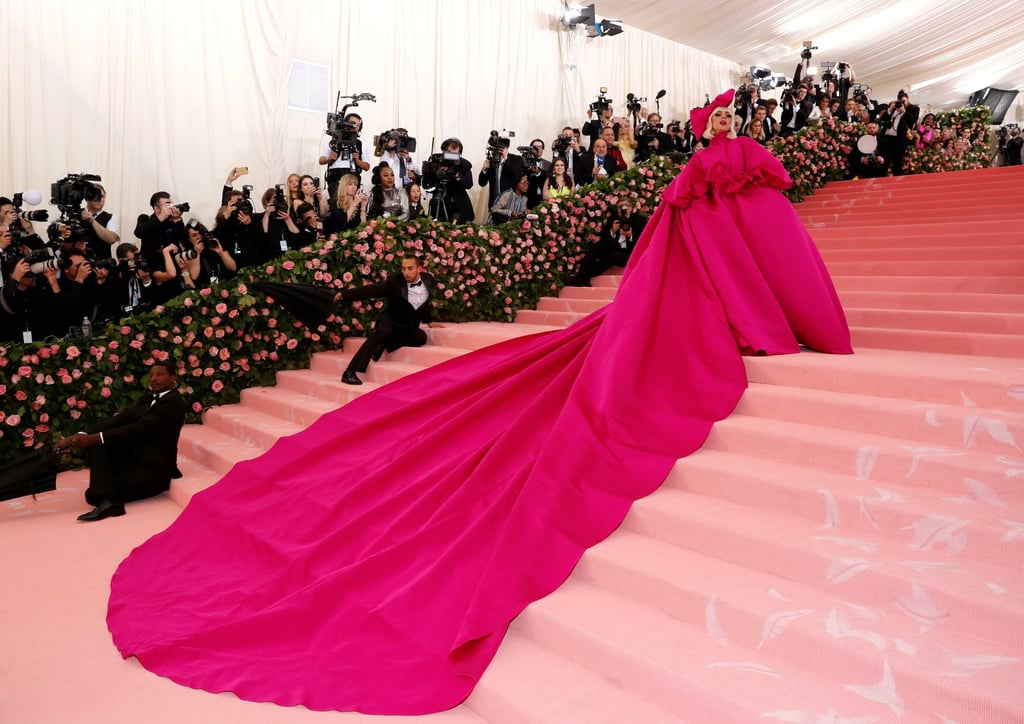Interview: Lady Gaga opens up about overcoming PTSD, stanning Bruce Springsteen and making peace with her persona on Chromatica, featuring K-pop’s Blackpink

- ‘I don’t hate Lady Gaga anymore’: the pop icon has long struggled with mental issues since a traumatic assault aged 19 – but is now finding peace with her piano
- Gaga’s performance of the US national anthem at Joe Biden’s inauguration went viral, a career high to match her Oscar for A Star is Born with Bradley Cooper
Lady Gaga is closer than ever to achieving the kind of psychological and spiritual peace that she has long been seeking. Over the course of her spectacular career as musician and actor, she has been remarkably open in discussing her struggles with mental health, and how she has dealt with being the victim of bullying in high school and sexual assault by a music producer.
Many of her songs echo her innermost feelings about the traumatic events that have both shaped her life and inspired her to become one of greatest musical artists of her time. This has helped Gaga, who turns 35 on March 28, to command the public consciousness, and she is now firmly established as an iconic performer revered for her ability to summon deep emotion in her lyrics.
I know that I have mental issues; I know that they can be sometimes rendering me non-functional as a human. But I radically accept that this is real

“The beginning of the album really symbolises, for me, what I would call the beginning of my journey to healing, and what I would hope would be an inspiration for people that are in need of healing through happiness, through dance,” Gaga said. “For example, I know that I have mental issues; I know that they can be sometimes rendering me non-functional as a human. But I radically accept that this is real.”

Despite her status as a global superstar, Lady Gaga – who grew up in New York as Stefania Germanotta – has never quite managed to allow herself the comfort of being able to celebrate her achievements. Instead, she has lived under the weight of psychological trauma that hasn’t let her entirely escape its grip. However, she believes that she and others who suffer similar kinds of anguish can take some solace in the powerful subtext in “Chromatica”.